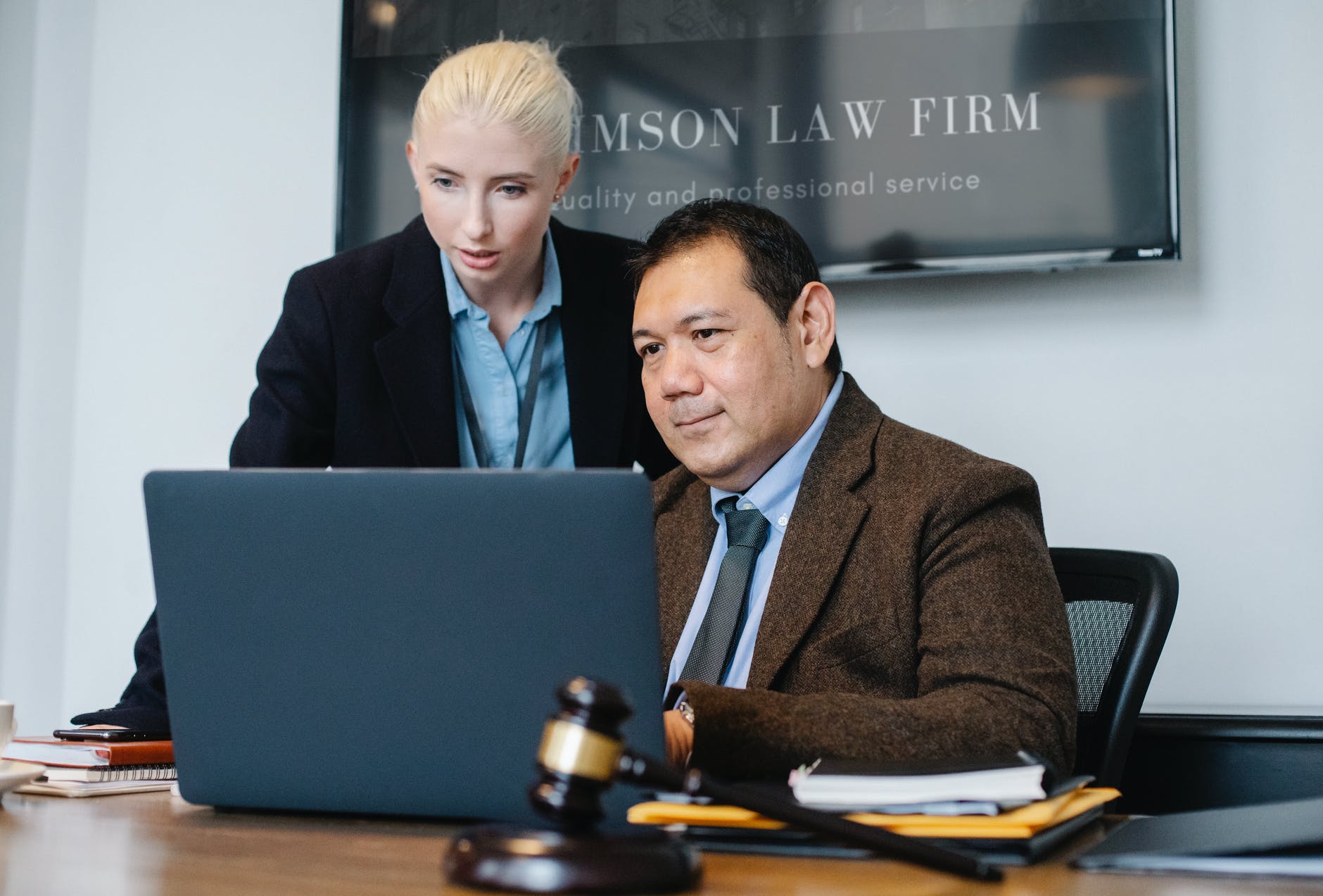The Covid-19 pandemic’s impacts appear to wane, and the franchising sector is flourishing. For first-time franchise owners, the chance to own a tried-and-true business model with a recognized brand is particularly alluring. Since a potential franchisee’s location is essential, commercial lease agreements with property owners must be negotiated.
Interested Parties in a Franchise Commercial Lease
The most typical setup involves the franchisee, who could be a corporation, limited liability company, or sole proprietor acting as the tenant under a lease that the franchisor is amenable to. Distinct major parties are normally involved in a franchise real estate lease, including:
- A franchisor is a business that has the legal authority to control a brand, supplier agreements, and the established business procedures that are utilized to supply the franchisor’s goods or services. The franchisor controls the use of a brand, access to specialized providers, and business training in exchange for an upfront fee and ongoing royalties.
- Franchisee Business Entity. To reduce the inherent liability of operating as a sole proprietorship, business owners frequently choose to do business as a Limited Liability Company (LLC) or C-Corporation (Inc.).
- Owner of the property. The property owner offers a franchisee office space to run the business in exchange for a lease payment. According to the lease provisions, the landlord grants the franchisor the ability, under certain circumstances, to take over and replace the Franchisee Business Entity.
- Franchise Owner. The person(s) in charge of the Franchise Business Entity may be required to personally guarantee certain debts to the franchisor or the real estate owner.
Before signing a lease contract, it is essential to contact a franchise lawyer and learn the effects of the agreement on each party. Inexperienced franchisees may accidentally sign lease agreements that unduly raise their operating costs or personal and commercial risk.
Franchisee, Franchisor, and Property Owner Relationship
To grant a franchise, franchise agreements frequently stipulate that commercial leases must adhere to specific franchise standards and restrictions. Negotiations may become more complicated if their demands collide with the property owners’ interests.
Franchisees could not understand the subtleties of a franchisor’s need for particular clauses in the lease. For instance, a franchisor’s top objective is to preserve its brand, which typically includes the authority to approve a franchisee’s site before the business is opened. Typically, a franchise agreement gives the franchisor the authority to step in and mediate issues between franchisees and property owners.
On the other hand, a business property owner can anticipate that the franchisor will hold the owner harmless for any liabilities associated with franchise operations. The franchisee (or the franchise owner in the case of a corporation or LLC) is frequently required to personally guarantee the franchisee’s performance by the franchisor and the property owner. When the parties’ intentions differ, negotiation, agreement, and documenting the settled issues become necessary.
In commercial real estate leases, there are lengthy, ambiguous boilerplate paragraphs. Therefore, no one should ever sign a contract without having it reviewed by a State-licensed attorney.
Common Issues With Commercial Franchise Leases
In commercial real estate leases, common problems are:
- Exclusivity. No franchise owner, not even a franchisee, wants a rival nearby. They want to be the only company offering their services within the building, mall, or other commercial property. An exclusive clause should specify the service to be provided, the geographic area of exclusivity, and the remedies to be used in the event of defaults since property owners want the absolute freedomto lease to any party.
- Risks of business disruption. Franchise income can be significantly impacted for a while by a protracted loss of business brought on by weather-related events (fires, floods, hurricanes), traffic disruptions (prolonged street repairs or closures), or property management decisions (remodeling, parking lot repairs).
- Transferability/termination.It would be ideal for including provisions that would reduce or release a franchisee’s guarantee in the case of an unavoidable change in franchise ownership. The change in ownership of the franchisor, including bankruptcy, is a potential scenario that is frequently disregarded.
- Franchise owner rights. Franchise owners sometimes demand “conditional assignment” clauses in commercial leases, which give them the right to assume the lease if the franchisee fails or the leasing arrangement expires. Notices of franchisee defaults, suggested lease term amendments or attempts by the franchisee to assign the lease to third parties are all examples of things a franchisor may be entitled to.
- Branding and signage. The lease agreement may restrict the franchise signage’s style, placement, and type.
- Modifications, additions, and fittings. Having lease provisions restricting how the franchise business operates or appears may be unreasonable. Ownership of assets, financial obligations, and operating responsibilities, such as installing and maintaining the leased space and any physical assets included, are negotiable topics.
The language used in commercial real estate leases and franchise agreements is complex and has specific implications. New franchisees might not know the legally binding responsibilities under either contract. A commercial property lease condition must empower the franchisor to safeguard its business interests and the franchisee to run its operations profitably. Before signing any agreements, whether you are a franchisee or a franchisor, seek the counsel of an attorney knowledgeable in real estate and franchise law.









